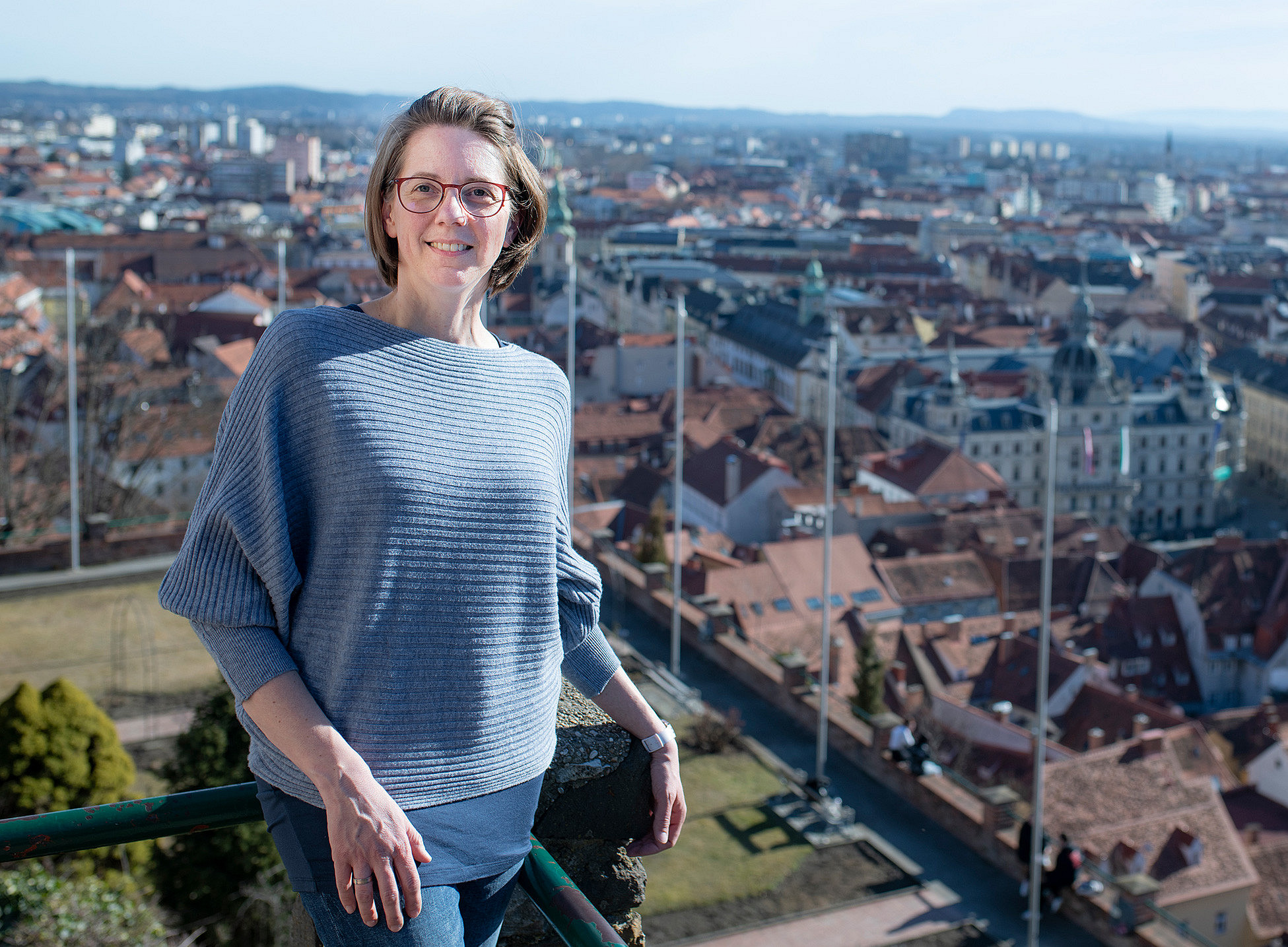The future affects us all. That is why we should all be involved in shaping it. In this sense, the Climate Council was a prime example of democracy in action. "It was characterised above all by the fact that its composition represented society as a whole," says Birgit Bednar-Friedl, explaining why this is so important: "Climate protection needs broad acceptance. With the support of excellent moderation, the Climate Council succeeded in getting people with very different circumstances, experiences and views to agree on measures to reduce CO2 emissions."
Finding a voice and having a say
The committee also included people for whom climate-friendly behaviour was previously not an issue. Bednar-Friedl explains that the discussion about this has had an impact on some of them, such as eating more consciously or not travelling by plane. The fact that they are now prepared to make an active contribution themselves is probably also due to the fact that the Climate Council has given them the opportunity to have an equal democratic say. "Here, people from social groups who otherwise receive little attention have learnt that they are heard, that they are trusted to come up with sensible solutions and that they can make a difference," explains the scientist.
Acquiring knowledge and becoming effective
They learnt a lot about climate change at their meetings over six weekends. This enabled them to have their say and pass on their knowledge. And they are doing just that. Many of them are still active in the "Austrian Climate Council of Citizens Association", particularly at local and regional level. Their involvement ranges from lobbying for climate protection at government offices and authorities to regional projects such as the establishment of energy communities and raising awareness among the population. For example, the association has organised seminars in cooperation with the Graz Adult Education Centre, in which the participants work together to develop proposals for CO2 reduction, as in the Climate Council. However, Bednar-Friedl points out that networking with politicians at a national level would have to increase in order to extend the scope of the organisation's impact.
Showing the way
Some of the Climate Council's recommendations have been taken up by the government. These include the extension of the repair bonus and measures to promote the revitalisation of old buildings. The Last Generation Austria activists are now calling for the implementation of further proposals.
"There is still a lot to do. Austria still has no climate protection law and continues to subsidise fossil fuels," says Birgit Bednar-Friedl, pointing out the urgent need for action. At the same time, she emphasises once again: "The Climate Council was definitely a door opener. Its recommendations set the direction we need to take."
